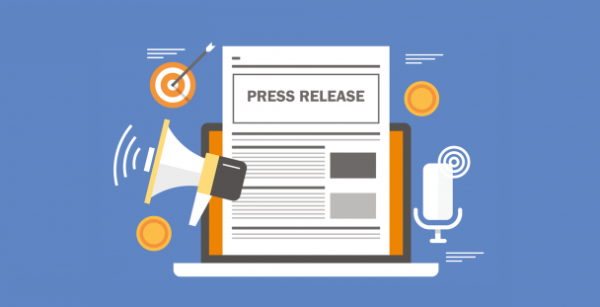Self-isolation payments should be tax exempt to reduce uncertainty and boost compliance, argue tax professionals
The Low Incomes Tax Reform Group (LITRG) of the Chartered Institute of Taxation has backed a call to make the new self-isolation support payments free of income tax and said this should apply across the UK.

It was reported at the weekend that the Scottish Government had written to the Treasury calling for the Self-Isolation Support Grant payments to be made free of income tax in order to maximise take-up1.
LITRG added that if the UK Government chooses not to heed the Scottish Government’s call, clearer guidance is required setting out to claimants that they could be asked to pay tax at a later date.
The £500 payments are being made to people on low incomes who have been asked to self-isolate to stop the spread of Coronavirus and receive certain benefits such as Universal Credit.
In England, LITRG understands that these payments are being made to claimants without any tax being deducted. There has also been a lack of guidance setting out how any tax owed should be paid back, although councils are required to report details of the payments to HMRC.
LITRG said that making the payments free of income tax would help to reduce the complexity of the scheme, which in its current form could leave some people facing an unexpected tax bill.
This liability could be higher if a claimant is required to self-isolate more than once and as a result, receives more than one £500 payment.
Moira Kelly, chair of LITRG, said:
“In the current climate, we think the UK Government should be looking at ways of making the process for claiming the self-isolation payment as simple and as worry free as possible in order to maximise take-up and ensure compliance with the self-isolation process.
“Therefore, we think that they should rethink their decision to tax these payments.
“In England, we understand that payments are being made without any tax being deducted, which will lead to HMRC making demands for payment at a later date if any tax is owed. That could mean that some taxpayers end up receiving an unexpected tax demand at the end of the tax year.
“There are also concerns around how the payments interact with existing benefits rules, which we are urgently seeking clarification on from the DWP and HMRC2.
“If the government decides not to make these payments free of tax, then at the very least they need to make sure that there is clearer communication between HMRC and the devolved governments and councils, to ensure claimants understand that these payments are going to be taxed and how and when the money owed will be collected.”
Notes for editors
1. See Covid in Scotland: Tax-free support call for self-isolation (BBC News, 18 October 2020)
2. LITRG is seeking clarification from HMRC and DWP on how these payments will be treated for the purposes of eligibility for tax credits and universal credit. Although the intention seems to be to disregard the payments, if they are to be treated as earnings for tax purposes then it is possible a specific disregard will be needed in Universal Credit to give effect to this intention.
3. Low Incomes Tax Reform Group
The LITRG is an initiative of the Chartered Institute of Taxation (CIOT) to give a voice to the unrepresented. Since 1998, LITRG has been working to improve the policy and processes of the tax, tax credits and associated welfare systems for the benefit of those on low incomes.
The CIOT is the leading professional body in the United Kingdom concerned solely with taxation. The CIOT is an educational charity, promoting education and study of the administration and practice of taxation. One of our key aims is to work for a better, more efficient, tax system for all affected by it – taxpayers, their advisers and the authorities. The CIOT’s work covers all aspects of taxation, including direct and indirect taxes and duties. The CIOT’s 19,000 members have the practising title of ‘Chartered Tax Adviser’ and the designatory letters ‘CTA’, to represent the leading tax qualification.
Contact: Chris Young, External Relations Manager, 07900 241 584 / [email protected] / Out of hours contact: George Crozier, 07740 477 374
